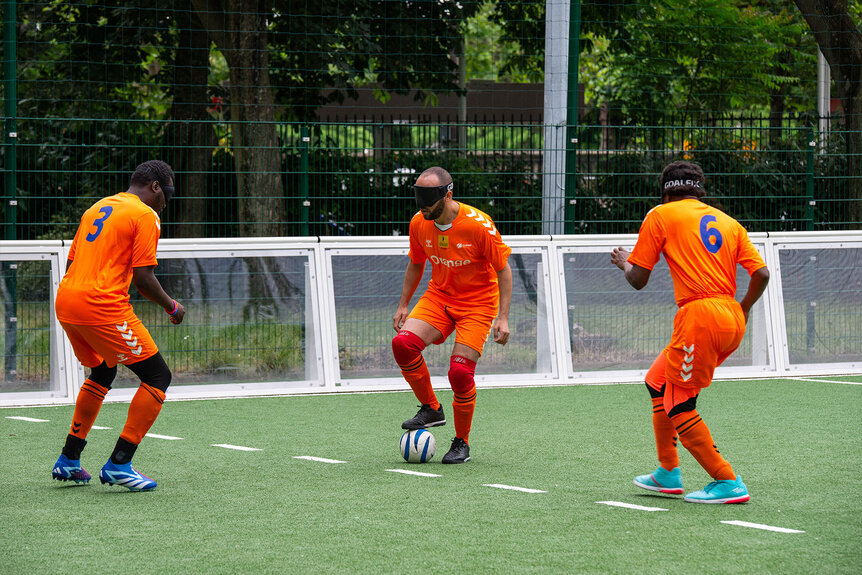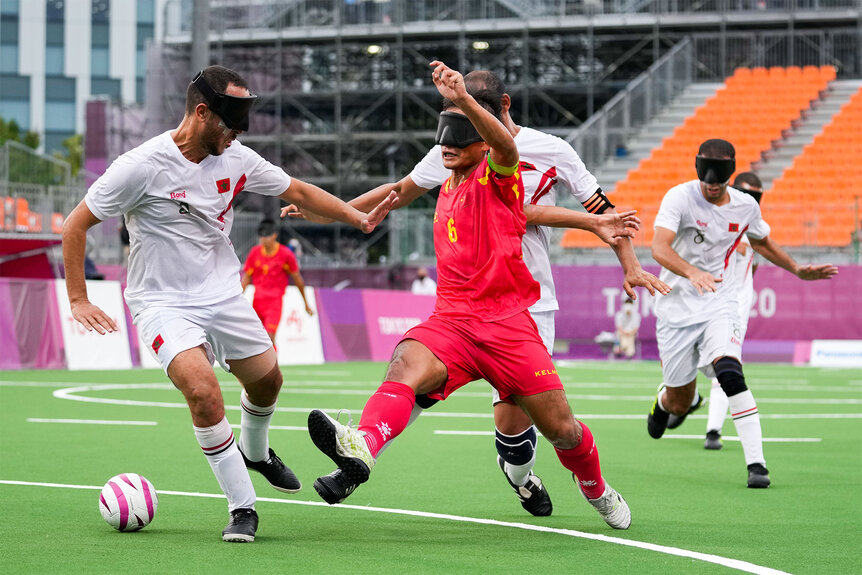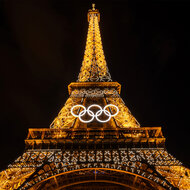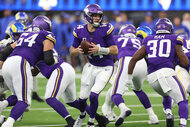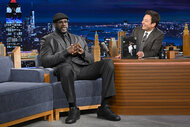Create a free profile to get unlimited access to exclusive show news, updates, and more!
How Visually Impaired Athletes Play Football (Soccer) at the Paralympics
Through a combination of grit, determination, and clever design, para athletes are able to enjoy the "beautiful game."
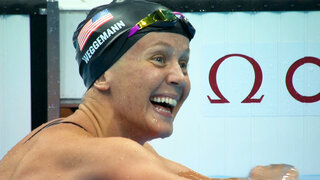
The 2024 Olympic Games in Paris may have come to a close, but the Paralympics are just kicking off. More than 4,000 athletes from across the globe have come together in Paris for an encore athletic performance in over 500 medal events including Blind Football (soccer).
If you’re curious how football, a game which centers on knowing the location of a ball and a whole lot of kicking, translates to a non-visual environment, we’ve got your answers. Blind football, otherwise known as 5-a-side football or blind soccer, made its first Paralympic appearance at the 2004 games in Athens and has appeared in every Paralympics since.
RELATED: How to Watch the Paralympics: Opening Ceremony, Schedule and More
How Does Blind Football Work?
Blind football is adapted for athletes with vision impairment, governed by the International Blind Sports Federation (IBSA), and uses modified FIFA rules. The games, which are five-a-side, last 30 minutes, broken up into two 15 minute halves and uses boards to prevent the ball from going out of play.
Each team is made up of four outfielders, all of whom must be visually impaired, and a goalkeeper who must be partially or totally sighted. Because there is variability in vision impairments (some athletes are totally blind while others have a low level of vision), all outfield players wear blackout blindfolds during play. Only the goalkeepers can see, allowing them to block shots and shout directions to nearby teammates.
Goalkeeper assistance is only the first modification to the typical rules. Because players can’t see the ball, teams rely on a trio of sighted guides who, in addition to the goalkeeper, shout directions from their designated zones. Additionally, the ball itself makes noise to alert players of its location, but the internal sound system is passive, making noise only when the ball is in motion.
Like an ordinary football, adaptive footballs are made of an outer skin pulled over an inflatable bladder. Unlike ordinary footballs, adaptive balls are equipped with a collection (usually six in total) of small rattles or bells sewn into the underside of the skin. Each sound-making device contains 10 or so small metal balls which jangle around as the ball moves.
Kicking an adaptive ball is like kicking a tin can filled with several dozen loose ball bearings. Sewing them into the exterior layer keeps the additional weight evenly distributed and makes sure there’s a consistent source of noise. Meanwhile, players shout “Voy” or “Go” when they are running for the ball, announcing their position and giving other players a warning and another auditory cue.
While conventional football is a largely visual game, where players use their eyes to watch, pursue, and kick a ball, blind football is an almost entirely auditory contest, peppered by tactile impacts with the ball or with other players. During play, fans are asked to remain as quiet as possible, allowing players the best possible chance to concentrate, at least until a goal is scored. After that, fans are free (and encouraged) to cheer as loudly as they’d like.
